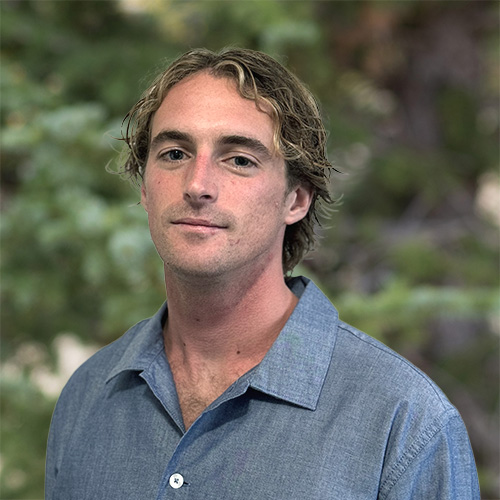Shea Grady Assistant Scientist
Mr. Shea Grady has a research background rooted in assessing anthropogenic impact on coastal and terrestrial habitats. He has extensive fieldwork experience with an emphasis on coastal and estuarine habitats. Mr. Grady has received training on the California Environmental Quality Act (CEQA) and NEPA from the Association of Environmental Professionals and on using the California Natural Diversity Database (CNDDB) through the California Department of Fish and Wildlife. Moreover, he has additional training and work experience in youth education, science communication, and data science.


